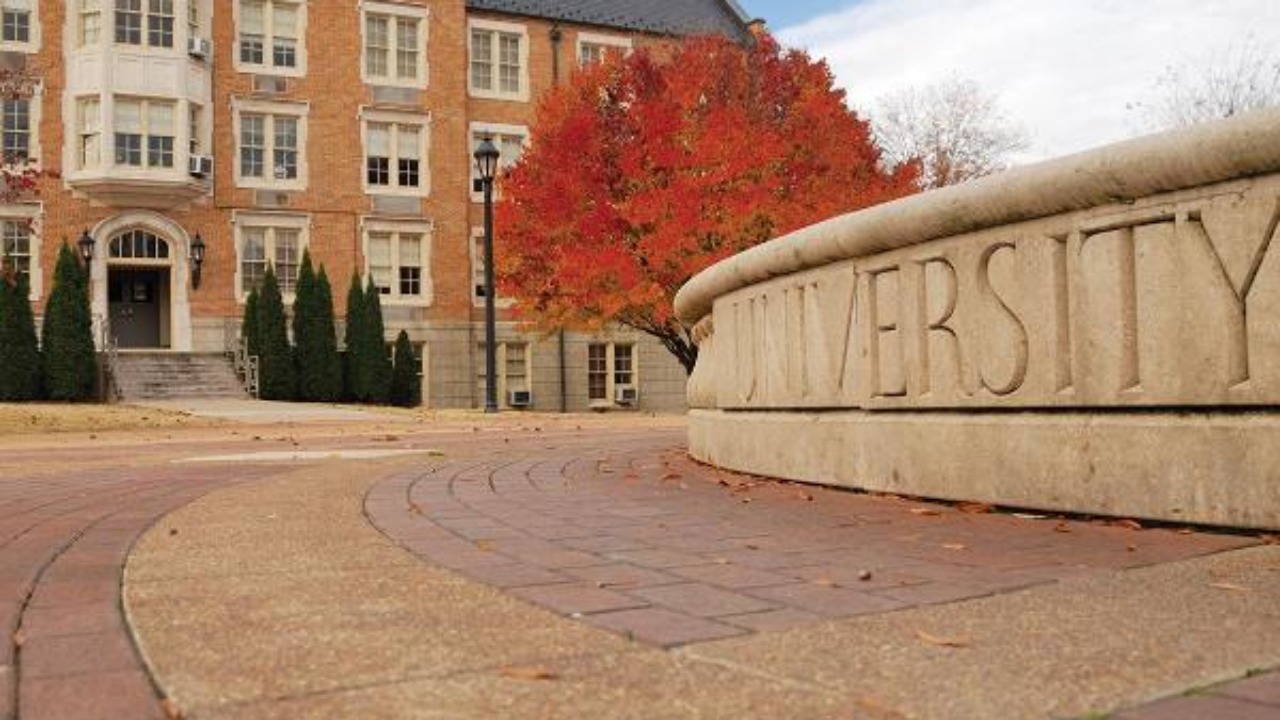When Speech is Censored for 90 Days on 99.9987% of Campus

At Southern Illinois University Edwardsville (SIUE), it would be difficult to limit free speech more than they already are.
Here’s a look at their speech policies, and what one student group is doing to help defend student rights on campus:
1. SIUE school policy requires that students wishing to engage in free speech must do so on a tiny area of campus. To be exact, a 905-square-foot area, or 00.0013% of campus. And students are not even free to use that area whenever they get the urge to exercise their constitutional right to free speech.
2. Students have to receive permission before using the speech zone. University officials have full discretion to grant or deny that permission. With no written criteria to guide which student groups they allow to speak in the speech zone, that leaves school officials with the option to deny students groups that speak a message they don’t like, and approve the student groups they agree with – which is unconstitutional.
3. If a student group wants to hold a major event outside of the speech zone, they must submit their request 90 days in advance for approval. And if the university determines that additional security is needed, they require the student group to pay a security fee. That means university officials could label certain events as “controversial in nature” and charge more money for events that promote viewpoints they don’t like. Or they could deny the event altogether.
This significantly impacts whether or not the students engage in free speech, a fact that was not lost on the College Republicans of SIUE. So, they decided to do something about it. On Wednesday, Alliance Defending Freedom filed a lawsuit against SIUE officials on behalf of the College Republicans.
“Southern Illinois University has instituted a draconian policy that not only restricts speech to the tiniest of locations, but adds additional hurdles that make it very tough to speak or hand out literature even within the zone,” said ADF Senior Counsel Tyson Langhofer. “If that wasn’t unconstitutional enough, university officials are allowed to approve or disapprove speakers and handouts based on their point of view.”
This policy is reminiscent of a few that the ADF Center for Academic Freedom has successfully challenged in the past:
- Grand Valley State University in Michigan agreed to revise its policies that restricted speech to 0.03% of campus.
- The Maricopa County Community College District in Arizona agreed to eliminate its unconstitutional speech restrictions at all 10 of its campuses, after ADF challenged a policy at Paradise Valley Community College that restricted speech to a speech zone and required prior permission to use it.
- Yuba College in California threatened a student with arrest if he did not limit his speech to the “speech zone” on campus, which was open only from 12:00 to 1:00 pm on Tuesdays and Thursdays, and required two weeks’ notice. The school agreed to change its policies in response to an ADF lawsuit.
It’s clear that these types of policies are unconstitutional, and SIUE takes it to a whole new level. Thankfully, the College Republicans of SIUE know their rights and are willing to stand for them. We are hopeful that their stand will result in another campus that honors its students’ constitutional rights.